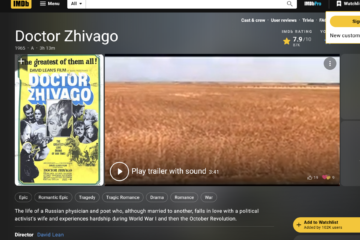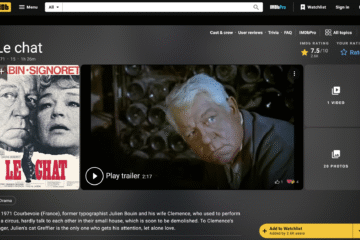In January 2005, I had a stroke that paralyzed my right arm and caused several other complications. During my recuperation, I could not work – my favorite occupation – and I began watching TV. Yes, I was one of those snotty people who didn’t watch much television, if any at all (because, quite frankly, most TV programs are silly).
One program that caught my attention was CSI, both the Las Vegas and Miami versions, if mainly because they included, in each episode, traces of scientific reasoning. After a few weeks, they began to bore me because you could predict when the crucial evidence had been found by noting how loud the background music was, and you could tell which of the suspects had done the deed by checking the clock (they are always found 42 minutes into the show).
But during the few months that I watched CSI, I noted that its CSI characters had access to electronic databases which answered every question they had:
• The tire tread database – check
• The car paint flake database – check
• The misshapen ear database – check
• The monstrous vegetable database – check
• Etcetera – check.
So, I was looking forward to see their fish database when CSI Miami was confronted with a crime involving coral fish (which had gnawed on a victim’s body or some such). I was not naïve: I didn’t expect they would use FishBase, the well-known REAL database on the fish of the world – including those on Florida reefs. But no, they did not have a fish database, not even a fake one. They used a book!
This was the end of CSI for me. I don’t watch it anymore; and I have recovered from the stroke to the extent that I can use my right hand for simple things like turning off the TV if CSI is on.




0 Comments